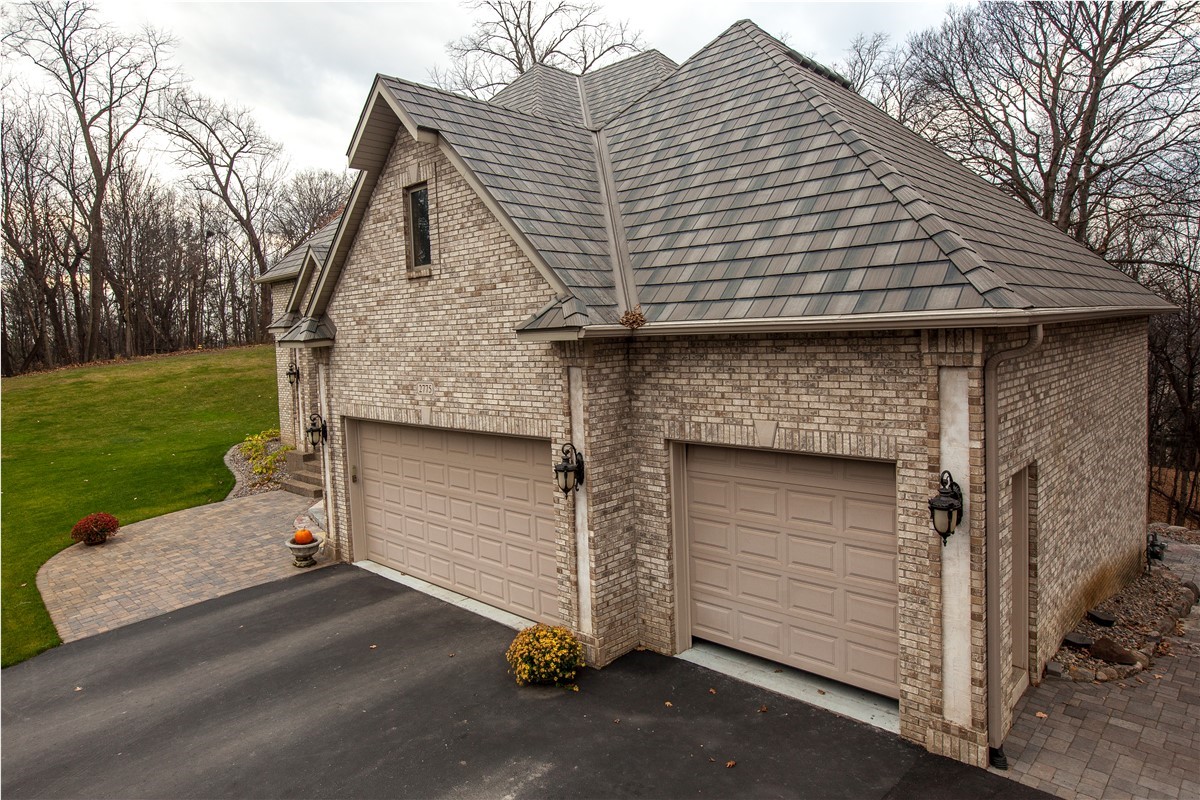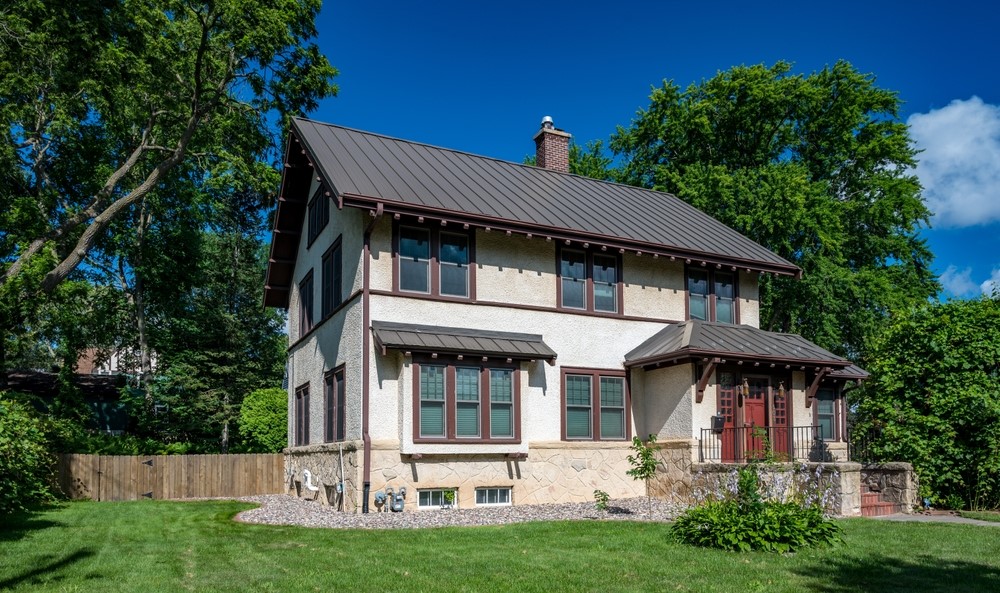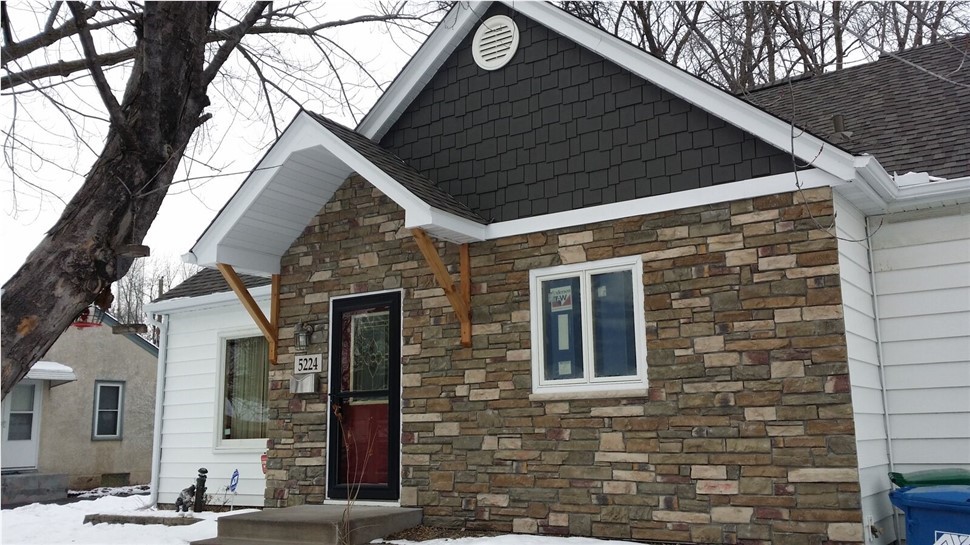Making the decision to tackle a home improvement or remodeling project is the first step in a long serious of decisions, many of which have long-term and serious financial ramifications. But if you do your homework ahead of time, have a good plan, and get good professional advice along the way, you should come out on the other end with a result you're happy with. Here are some tips to help you plan your project and ensure that the finished product is what you had in mind when you started.
- Ask a pro for recommendations. Unless you already know a reputable remodeling contractor, a good place to start is by asking other professionals. For example, stop at the local lumber yard and tell them about your project; they may be able to recommend somebody. Other professional tradesmen such as electricians and plumbers probably have general contractors they work with regularly, so if you've got friends or neighbors in the trades, ask around. Another good source of leads is friends and relatives who have recently employed a contractor for a remodel of their own. They can recommend who to hire - or who to avoid.
- Schedule a first date. Your initial meeting with a prospective contractor will be somewhat like a blind date. You''ll both be evaluating each other. Take your time and talk about what you expect; then see what kind of a response you get. Remember, you are contemplating turning over your home to someone you've just met, so you need to be comfortable and confident you've made the right choice. Be prepared to have more than one meeting before you sign.
- Make your priorities known, but don't meddle. Many homeowners think they can save on remodeling if they "help" by offering to source materials, do some of the demo, or otherwise participate in the project. Remember, you're paying for your contractor's expertise, so don't try to do his job for him. But that doesn't mean you should stop communicating while the project is going on. If at any point you feel that you're not getting what you asked for or what is in your contract, be sure to ask.
- Keep friends and neighbors away until you're finished. One of the best ways to slow a project down and add extra costs is to bring others in to look at the progress. Everyone is going to have an opinion ("Are you SURE you want that board and batten siding?") and it may cause you to waiver in your original decision, or even worse yet, change your mind. That could end up being costly. If you really want someone else's input, the time to get it is before you start.
- Have a clear picture of what you want. Bringing a contractor in for a "rough estimate" before you've determined the exact scope of the project is wasting your time and his. And unless both of you are clear on what the project will consist of before the contract is written, be prepared for numerous change orders, delays, and extra costs. Being clear up front means you're more likely to come in on budget, on time, and happy with the outcome.
Subscribe to Quarve Contracting's Blog







Comments